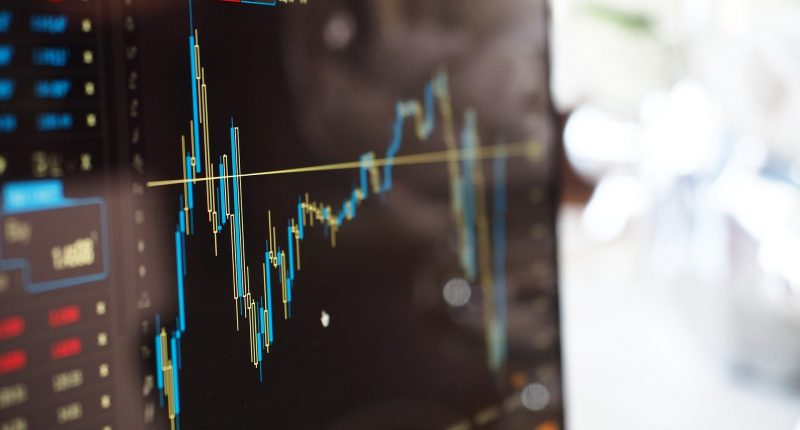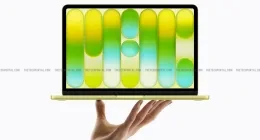Artificial intelligence trading is revolutionising the world of finance. Innovative programming, automation, and advanced algorithms are changing the face of the financial sector, in particular that of trading.
Not to be confused with machine learning, artificial intelligence (AI) is when computers can perform certain tasks that could once only be carried out by humans. Let’s see how the trading sector has been influenced by changing technology and how AI is the latest development.
Increasingly remote practice
In the not so distant past, trading was conducted by traders shouting across trade floors. Then the use of telephones, fax, and email began to have a big impact on how trades across various markets were placed. With the advent and widespread adoption of the Internet, the market evolved even more. Now, traders could monitor the markets, communicate with brokers, and execute trades in real-time.
Along with this revolution came the emergence of online brokers. These platforms allow individuals to execute their trades as and when they choose, without having to communicate directly with a broker. Trades in forex, cryptocurrency, stocks, bonds, and various assets can now be executed from our mobiles or tablets, any time and anywhere.
The emergence of AI

So is AI set to be the biggest disruptor in the market? Now, orders can be executed using pre-programmed, automated trading instructions that behave according to variables such as volume and price. The trader retains full control over the trades as all variables are pre-specified: the AI executes those trades when certain criteria are met, meaning the trader doesn’t have to sit in front of the trading platform 24/7.
If the thought of using forex robots to automate trading is of interest, there are various sites that compare what different platforms offer. In its essence, AI is most effective in systems in which there are many variables, hence it is well suited to forex trading.
Asides from saving time and effort, algorithmic trading also eliminates the chance of human error.
The rules, or criteria specified by the trader can also be analysed retrospectively to see how effective they were. This increases the confidence of investors and allows a greater level of insight into overall performance.
AI’s power in this field is immense. By removing human error, emotion, and inefficiency, the process of trading can be fully optimised. What’s more, is Big Data can help traders in making more informed investment choices.





